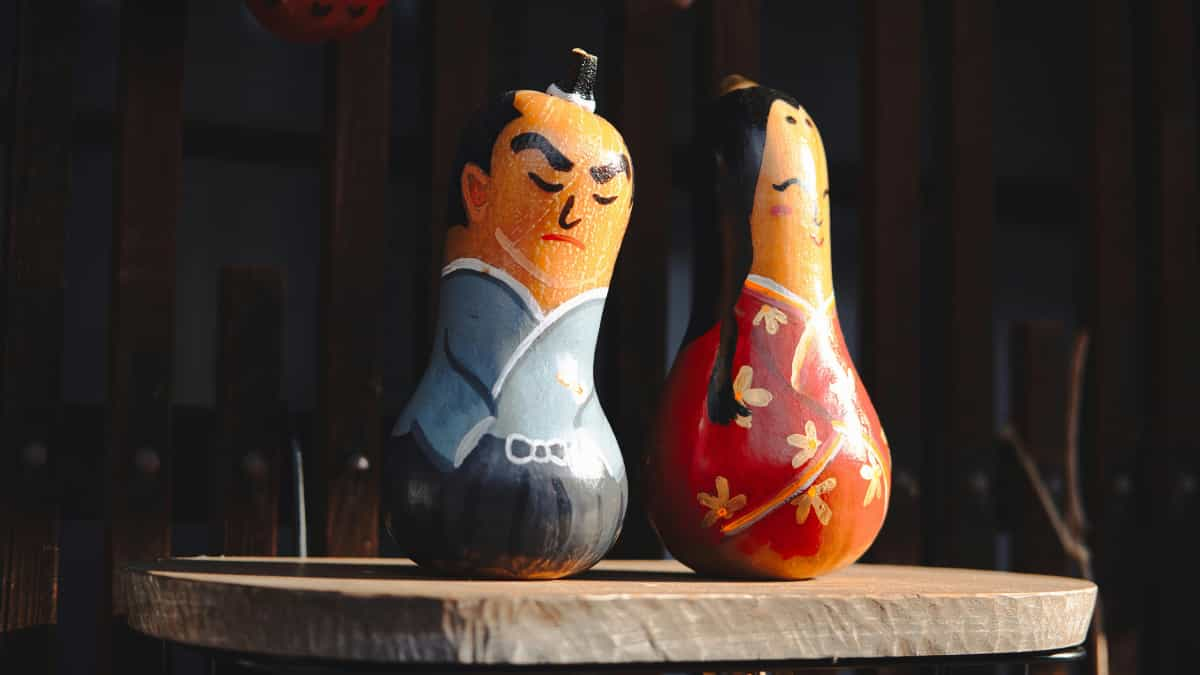Implications of Potential Universal Surname in Japan
A recent study conducted by Professor Hiroshi Yoshida of Tohoku University has raised concerns about the possibility of the entire Japanese population sharing the same surname in the future.
Background
The current civil code in Japan mandates that married couples must have the same family name, leading to a projection that by the year 2531, everyone in Japan could be known as Sato-san.
Study Findings
- The study highlighted the impact of the existing surname system on Japanese society.
- Professor Yoshida warned that a universal surname could result in individuals being identified by first names or numbers, which he deemed undesirable.
- Sato is currently the most common surname in Japan, with a significant portion of the population sharing this name.
- The proportion of individuals with the surname Sato has been steadily increasing, raising concerns about the potential loss of individual identity and heritage.
Legal and Social Considerations
In Japan, 95% of women change their last names upon marriage, reflecting the traditional practice upheld by the current laws.
While there is growing support for allowing married couples to use separate surnames, Japan remains the only country where spouses are legally required to share a family name.
The debate surrounding this issue includes arguments about family unity and potential confusion among children if the law were to change.
Future Outlook
The study serves as a call to action for reevaluating the existing civil code and considering the implications of a universal surname on cultural, regional, and family heritage.
















































